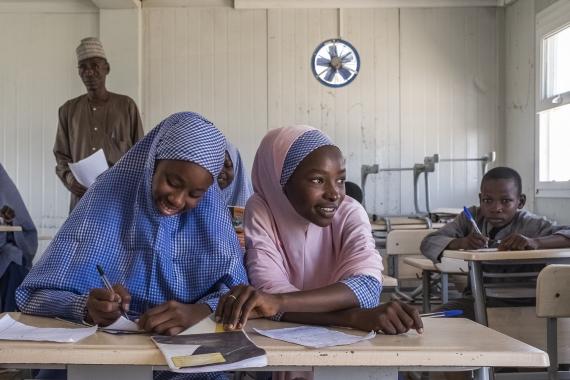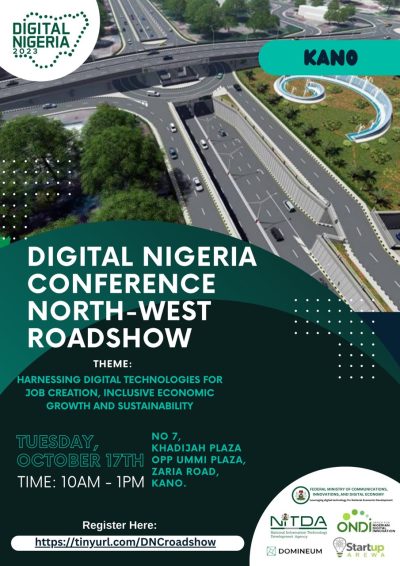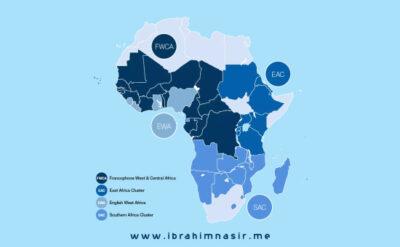Education is an essential aspect of human development and has the power to transform individuals, communities, and societies. In Northern Nigeria, education is particularly important for a number of reasons.
Education is the passport to the future, for tomorrow belongs to those who prepare for it today.
Malcolm X
Economic Development and Poverty Reduction
One of the primary reasons why education is important in Northern Nigeria is because it can contribute to economic development and poverty reduction. Education enables individuals to acquire the knowledge, skills, and competencies that are necessary to participate in the modern economy. This is particularly relevant in Northern Nigeria, where many people live in poverty and face economic challenges.
According to data from the World Bank, poverty in Nigeria is disproportionately concentrated in the Northern region. In 2018, approximately 69% of the population in Northern Nigeria lived below the poverty line, compared to 27% in the South. This is largely due to the fact that the Northern region has a lower level of economic development and a less diversified economy compared to other parts of the country.
Education has the potential to address this issue by providing individuals with the tools they need to secure good jobs and improve their economic circumstances. For example, studies have shown that education is associated with higher levels of employment, higher wages, and better working conditions. In addition, education can help to create a more skilled and productive workforce, which can drive economic growth and development.
Furthermore, education can help to reduce poverty by empowering individuals to make informed decisions about their lives and communities. For instance, education can help people to understand their rights, access healthcare, and other services, and participate in the democratic process. This can lead to improved social and economic outcomes for individuals and communities.
Social and Cultural Development
In addition to its economic benefits, education is also important for social and cultural development in Northern Nigeria. Education exposes individuals to new ideas, perspectives, and ways of life, and can help to foster a sense of community and belonging. This is especially important in Northern Nigeria, where there is a diverse range of cultural and ethnic groups.
Education can also help to promote social inclusion and equality by providing access to knowledge and opportunities to all members of society, regardless of their background or circumstances. This is particularly relevant in Northern Nigeria, where there are significant disparities in access to education, particularly for girls and women.
For example, data from the United Nations Children’s Fund (UNICEF) shows that in Northern Nigeria, only 54% of girls attend secondary school, compared to 75% of boys. This gender gap in education has significant implications for the social and economic development of the region. Education can help to address this issue by providing girls with the skills and knowledge they need to succeed in life and contribute to their communities.
Improved Health Outcomes
Education is also important for improving health outcomes in Northern Nigeria. Education can help to increase awareness about health issues and promote healthy behaviors, such as hand-washing and vaccination. This is particularly relevant in Northern Nigeria, where there are high rates of infectious diseases, such as malaria and HIV/AIDS.
In addition, education can help to improve access to healthcare services by training more healthcare workers and increasing the demand for quality healthcare. This is particularly important in Northern Nigeria, where there is a shortage of trained healthcare professionals and limited access to healthcare services, particularly in rural areas.
Conclusion
In conclusion, education is of vital importance in Northern Nigeria for a number of reasons. It can contribute to economic development and poverty reduction, promote social and cultural development, and improve health outcomes. To maximize the benefits of education in the region, it is important to ensure that all members of society have access to quality education, regardless of their background or circumstances.
Despite these benefits, there are significant challenges to providing quality education in Northern Nigeria, including a lack of resources, inadequate infrastructure, and cultural barriers.
To address these challenges and improve access to education in the region, it is important for the government and civil society to work together to develop and implement effective policies and programs. This could include investing in infrastructure, training teachers, and providing scholarships and other forms of financial assistance to disadvantaged groups. In addition, it is important to engage with local communities and involve them in the planning and implementation of education initiatives.
Overall, education has the power to transform the lives of individuals and communities in Northern Nigeria. By investing in education and addressing the challenges that hinder access to education, it is possible to create a brighter future for the people of the region.
Further Reading
- World Bank. (2018). Poverty in Nigeria. Retrieved from https://data.worldbank.org/indicator/SI.POV.NAHC?locations=NG-4
- United Nations Children’s Fund (UNICEF). (n.d.). Education in Nigeria. Retrieved from https://www.unicef.org/nigeria/education
- World Health Organization. (2019). Malaria in Nigeria. Retrieved from https://www.who.int/countries/nig/en/
- Joint United Nations Programme on HIV/AIDS (UNAIDS). (2019). HIV in Nigeria. Retrieved from https://www.unaids.org/en/regionscountries/countries/nigeria





